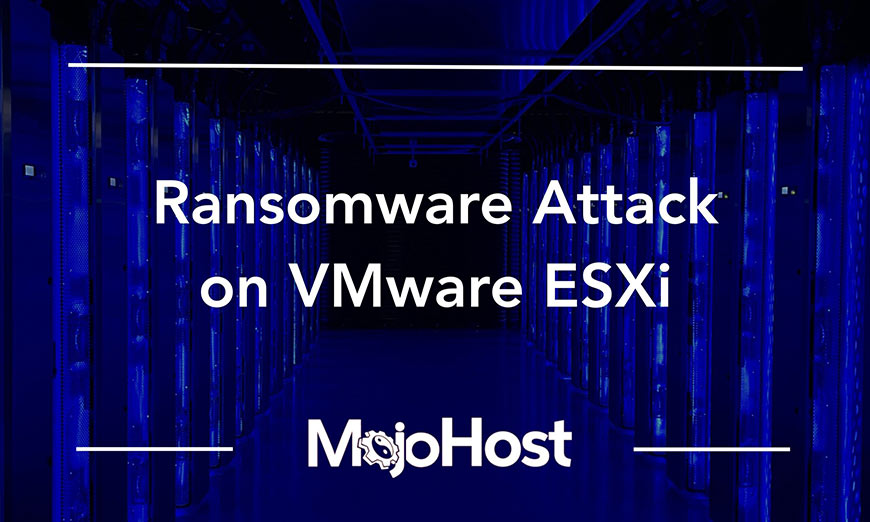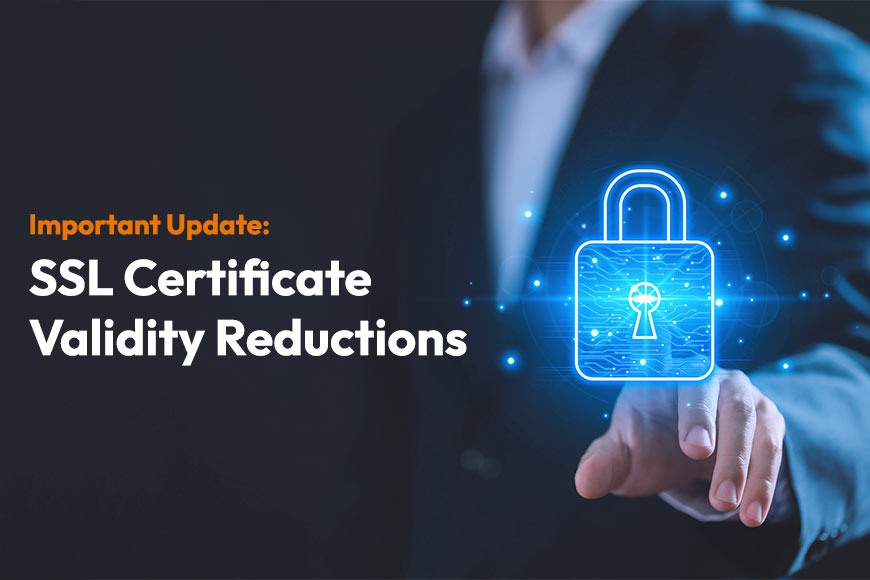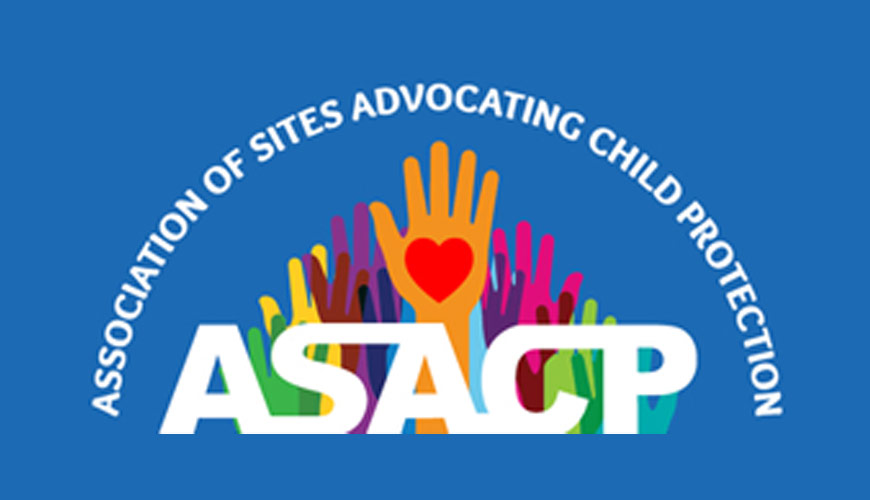At MojoHost, we deliver fast, expert-level hosting support backed by…

Recently, there has been a massive ransomware attack targeting VMware ESXi servers worldwide. This attack is particularly concerning for MojoHost customers who have not opted for managed hosting services and use VMware software on their servers.
What Is A Ransomware Attack?
A ransomware attack is a type of cyber attack where an attacker gains unauthorized access to a victim’s computer or network and then encrypts the victim’s files, making them inaccessible. The attacker then demands a ransom payment, usually in the form of cryptocurrency, in exchange for the decryption key needed to restore access to the encrypted files. Ransomware attacks can be devastating for individuals and organizations as they can result in the loss of sensitive or critical data, and the attacker may threaten to publicly release the encrypted data if the ransom is not paid. It is important to implement strong security measures and regularly backup data to minimize the impact of a potential ransomware attack.
What Is Special About This Particular Attack?
This particular attack is very widespread. Multiple organizations reported being affected, it even affected some unmanaged MojoHost customers already.
How Does This Attack Work?
The ransomware attack on VMware ESXi targets vulnerabilities in the virtualization software. The attackers exploit these vulnerabilities to gain access to the servers running VMware ESXi and then encrypt the data stored on these servers. The miscreants then demand a ransom payment in exchange for the decryption key. The specific vulnerabilities that are being exploited are not known at this time, but it is believed that they may involve weaknesses in the authentication and authorization systems used by VMware ESXi.
Why Should Unmanaged MojoHost Customers Be Concerned?
If you are an unmanaged MojoHost customer, you are responsible for managing your own servers and keeping them secure. If your server is infected with the ransomware, you could face significant financial losses and disruptions to your operations.
In addition, there is always a risk of permanent data loss if the attackers do not provide the decryption key or if the key is lost. This can be devastating for businesses and organizations that rely on their data for their day-to-day operations.
Should Managed MojoHost Customers Be Worried?
Managed MojoHost customers rarely use VMware on their servers, but if you do – you can rest assured that is is kept fully updated to the latest security patches.
How Can You Protect Yourself?
There are steps that you can take to protect yourself and your data from ransomware attacks. Here are some best practices to follow:
- Regularly back up your data: This is the most important step you can take to protect against ransomware attacks. Make sure to store your backups in a secure, offsite location where they cannot be easily accessed by attackers. Reach out to sales today if you’d like to order backups and/or server management.
- Keep your software and systems up to date: Make sure to install the latest security patches and updates to keep your servers secure.
- Implement strict security protocols: This can include firewalls, IP restrictions, and access controls to prevent unauthorized access to your servers.
- Train your employees: Educate your employees about the dangers of ransomware and the importance of following best practices for cybersecurity.
In conclusion, the recent ransomware attack targeting VMware ESXi servers is a stark reminder of the dangers of cyberattacks. Unmanaged MojoHost customers are particularly at risk, so it’s important to take proactive steps to protect your data and your business. By following best practices for cybersecurity and regularly backing up your data, you can minimize the risk of a successful attack.
Learn more about the history of ransomware in this blog post.




